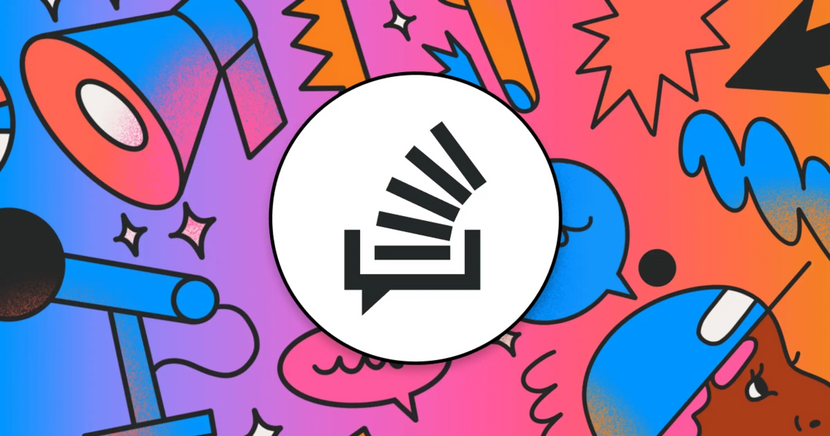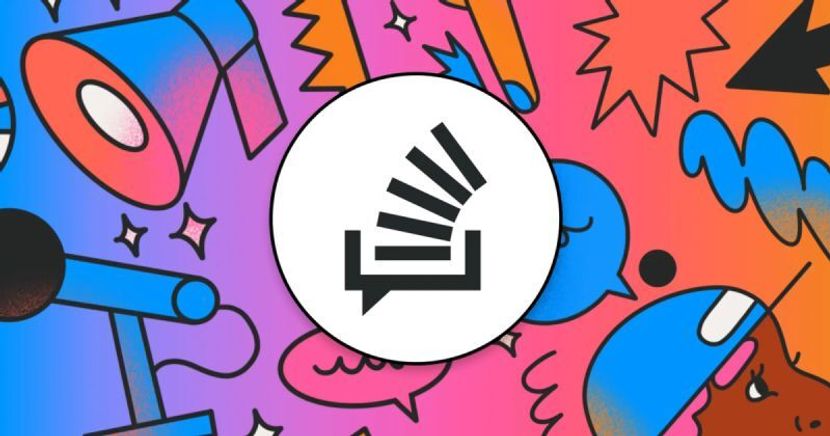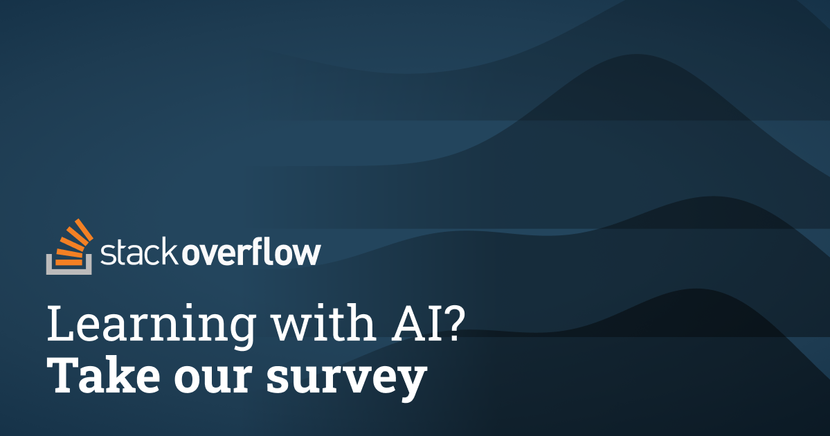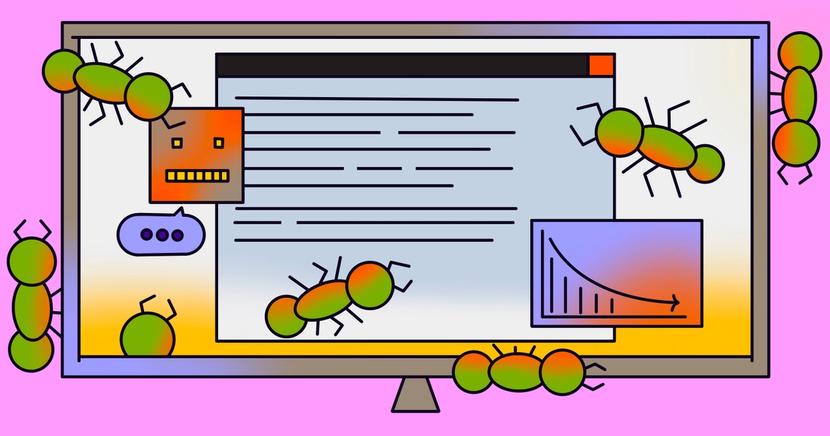DeveloperWeek 2026: Making AI tools that are actually good
From interoperability to knowledge architecture to creating AI tools people can actually use, here’s a recap of what we learned from DeveloperWeek 2026.

From interoperability to knowledge architecture to creating AI tools people can actually use, here’s a recap of what we learned from DeveloperWeek 2026.

In this sponsored episode, Ryan chats with Mark Cavage, President and COO of Docker, joins the show to dive into hardened containers and agent sandboxes.

Ryan sits down with Member of the Technical Staff at Anthropic and Model Context Protocol co-creator David Soria Parra to talk the evolution of MCP from local-only to remote connectivity, how security and privacy fit into their work with OAuth2 for authentication and authorization, and how they’re keeping MCP completely open-source and widely available by moving it to the Linux Foundation.

Ryan welcomes Marcus Fontoura, technical fellow at Microsoft and author of Human Agency in the Digital World, to discuss the intersection of technology, society, and human dignity in a digital-first world.

Ryan welcomes Thibault Sottiaux, OpenAI’s engineering lead on Codex, to discuss how the Codex team dogfoods Codex to build Codex, what distinguishes an agentic coding tool from a chat-based code assistant, and why they’re focusing on a safe and secure agentic SDLC rather than just code generation.

API and network traffic get all the press, but some folks are still trying to build a better upload scanner.

Ryan is joined by Philippe Saade, the AI project lead at Wikimedia Deutschland, to dive into the Wikidata Embedding Project and how their team vectorized 30 million of Wikidata’s 119 million entries for semantic search.

Ryan sits down with Shireesh Thota, CVP of Azure Databases at Microsoft, to discuss the evolution of databases at Microsoft; Azure’s comprehensive portfolio that includes SQL Server, CosmosDB, and Postgres; and the challenges that come with database architecture, from the importance of cost governance and multi-cloud strategies to the future of databases when it comes to AI.

Recorded last December at AWS re:Invent, Ryan welcomes CEO and co-founder of Deepgram, Scott Stephenson, for a conversation on advancing voice AI technology.

There are big hitters in the AI space that use this tech for humanitarian and environmental good—from start-ups fighting climate change to voice recognition experts diagnosing diseases. But you don't need to be backed by AWS or Microsoft to do good. In part two of this series, we dive into how anyone can use AI for good.

In a world where AI is replacing human workers, using up energy and water, and deepening disconnect, is AI for humanitarian good even possible? The answer is yes. In the first part of this two-part series, we're taking a look at just a few AI do-gooders and what they're doing to fight climate change, make healthcare more accessible, and help their communities.

Ryan is joined by Professor Tom Griffiths, the head of Princeton University’s AI Lab, to dive into findings from his new book The Laws of Thought, which explores the history of the philosophy, mathematics, and logic that underlie artificial intelligence, and scientists' efforts to describe our minds using mathematics.

We have another two-for-one special this week, with two more interviews from the floor of re:Invent.

Quality software still needs high-quality code, AI agents or not.

Two guests for the price of one! This episode has two interviews recorded at AWS re:Invent back in December.

Ryan is joined by Chris Coyier, founder of CSS Tricks and CodePen, to talk all about what the state of the art of CSS is today, including new features like variables and scroll-driven animations.

We're running a survey to understand how people are using AI to learn and whether that's helping, hurting, and replacing tools.

What specific kind of bugs is AI more likely to generate? Do some categories of bugs show up more often? How severe are they? How is this impacting production environments?

Ryan welcomes Anthony Vinci, former senior intelligence officer and author of The Fourth Intelligence Revolution, to explore AI’s evolving role in intelligence in places like translation and image analysis, the challenges of evolving modern tech into government infrastructure, and the importance of democratized intelligence so citizens can keep themselves and loved ones safe.

Ryan sits down with Michael Parker, VP of Engineering at TurinTech to discuss the newest kind of tech debt—AI-generated tech debt. They dive into the uneven productivity results of AI tools, how tech teams are evolving their roles and work in response to these massive technological shifts, and what the nervous developer can do to maintain joy in their work.

Security controls can be a bit of a cat and mouse game—you block one attack, new ones spring up.

Learn how to protect MCP servers from unauthorized access and how authentication of MCP clients to MCP servers works.

Ryan welcomes Prakash Chandran, CEO and co-founder of Xano, to the show to discuss the intricate relationship between frontend and backend development, the potential challenges that universal frontend interfaces pose for developers, and the importance of understanding both your frontend and your backend when using AI code.

From the floor at AWS re:Invent, Ryan is joined by AWS Senior Principal Engineer David Yanacek to chat about all things AWS, from the truth behind AWS’s Black Friday origin mythos to the development of essential cloud tools like SQS and DynamoDB. Plus, how David envisions autonomous agents will ease developers' operational burdens.
